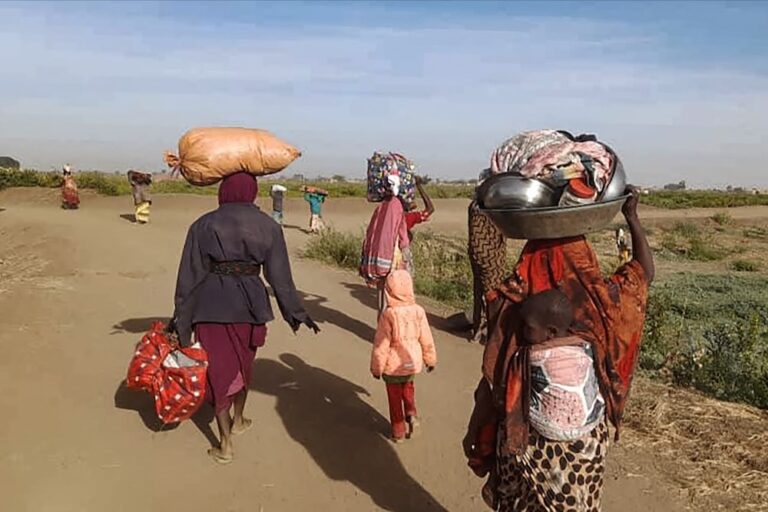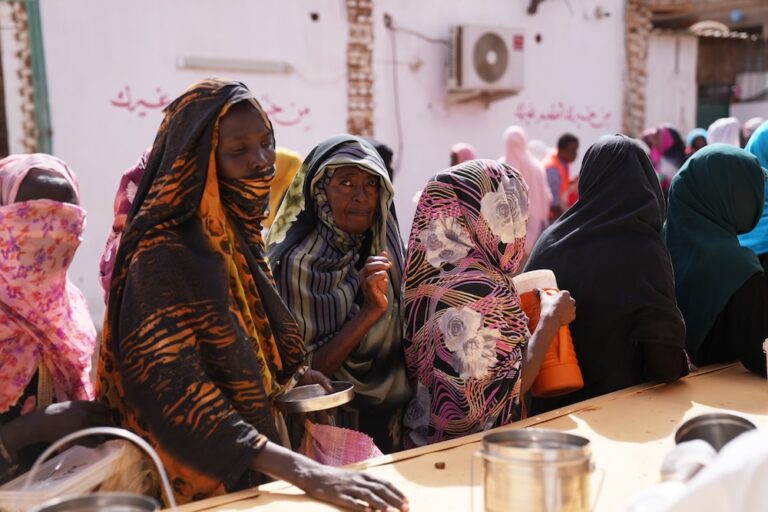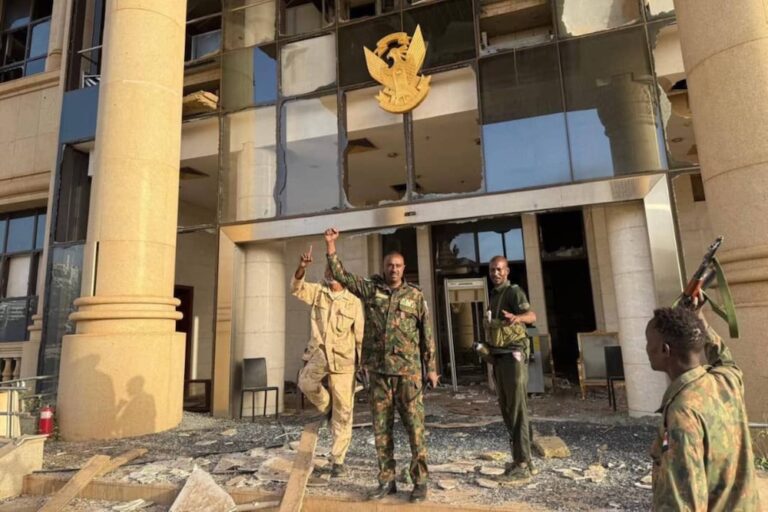(RSF/IFEX) – Condemning the National Intelligence and Security Service’s closure of the independent daily newspaper “Alwan” on 14 May 2008 for an indefinite period and the charge of “violating state security” brought against its editor, Hussein Khogali, Reporters Without Borders has called on the government to put a stop to the censorship of the privately-owned […]
(RSF/IFEX) – Condemning the National Intelligence and Security Service’s closure of the independent daily newspaper “Alwan” on 14 May 2008 for an indefinite period and the charge of “violating state security” brought against its editor, Hussein Khogali, Reporters Without Borders has called on the government to put a stop to the censorship of the privately-owned press that began in February.
“‘Alwan”s sudden closure by the National Intelligence and Security Service (NISS) is further evidence of the resumption of censorship of the independent press since the start of 2008,” Reporters Without Borders said. “By reducing the space for free expression even more, the government is in danger of aggravating Sudan’s current instability.”
“The resumption of censorship also violates the undertakings to respect press freedom that were given in the July 2005 peace accord and in the constitution,” the organisation added, stressing that it was vital that journalists should be able to continue to inform the population about developments of public interest.
NISS personnel raided the company that publishes and prints “Alwan” on 14 May, announced the confiscation of all of its property, ordered all the journalists to leave and closed its offices indefinitely. The charges of “attacking state security” were brought against Khogali on the grounds that he had published confidential military information.
The NISS said it took these measures under articles 6 and 8 of the National Security Forces Act, which says the NISS is responsible for “maintaining Sudan’s security and preserving its unity” and empowers it to “place persons in custody and seize property.”
The Sudan Organisation Against Torture (SOAT) says censorship has been stepped up since the Justice and Equality Movement’s armed attacks near Khartoum on 10 May.
The government restored censorship for the privately-owned media on 6 February after they ran reports referring to government support for an offensive by Chadian rebels against N’Djamena. An NISS official confirmed to Reuters on condition of anonymity on 6 March that prior censorship was “temporarily” in force again. The same day, NISS agents visited several newspapers to check the content of their latest issues before they went to print.


